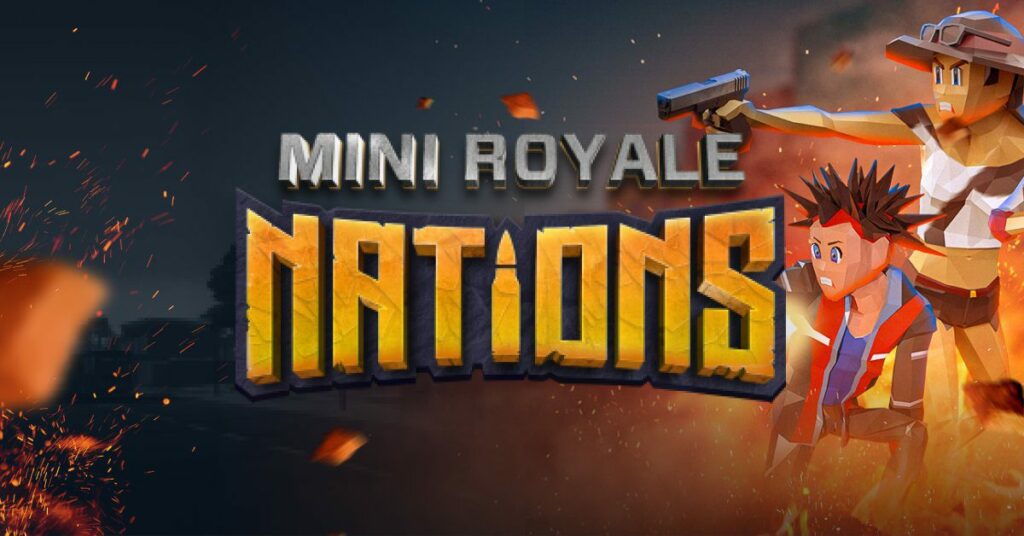This new Miami startup’s funding round includes FTX, Lightspeed, Andreessen Horowitz and Sequoia
The era of blockchain gaming is upon us.
That’s at least according to Amy Wu, a partner at Lightspeed Venture Partners. Alongside FTX, Lightspeed led a $21 million Series A fundraise for Miami-based game developer and publishing studio Faraway.
Earlier this year, the Miami-based startup raised an $8 million seed round. The list of participants in both rounds read as a yellow pages directory of Sand Hill superstars including Andreessen Horowitz, Sequoia Capital, and Pantera Capital.
The startup’s flagship multiplayer game, Mini Royale: Nations, is built on the Solana blockchain platform. “Blockchain technology will unlock the potential for truly player-driven, open economies and will usher in the next wave of gaming and virtual worlds,” Faraway co-founder and CEO Alex Paley said in a statement.

Paley explained that the startup’s goal is to create “extremely fun and social games with open economies, giving players true ownership over their in-game assets and a true voice in how the game evolves over time.”
Eventually, Faraway will enable users to buy and sell virtual assets like characters, skins, and weapons as non-fungible tokens (NFTs). VentureBeat reports that the startup also plans to launch a token to use in the game’s virtual economy. Leveraging NFTs as a revenue stream is a new alternative to free-to-play games, in which the purchases a very small minority of players make support the entire ecosystem.
Players can access Mini Royale: Nations, a multiplayer shooter game, right through their web browser – no download or separate system required. Paley called browsers the “optimal platform” for any blockchain game because “players do not have to worry about platform owners all of a sudden banning our game on their platform, as we’ve already started to see among big platform owners.”
Paley and co-founder Dennis Zdonov have extensive experience in the gaming industry. They worked as VPs of Product at Scopely, a mobile games company. The duo co-founded Dairy Free Games, a gaming app development startup that was bought by Glu Mobile. Faraway’s CTO Duc Nguyen also worked with Paley and Zdonov at Glu and Scopely.
For Lightspeed’s Wu, this is just the beginning of blockchain gaming: “We’re about to see teams like Faraway catapult gaming into the next wave of what’s possible.”
Solana, the blockchain ecosystem that Faraway uses, also invested in the startup. “Decentralized gaming is the next frontier for blockchain technology,” Anatoly Yakovenko, CEO of Solana Labs, said in a statement. “The game Faraway is building has the potential to bring Web3 to hundreds of millions of users.” Wu also echoed this sentiment, highlighting the power of gaming to usher users into the Web3 world.
Paley and Zdonov founded Faraway this past June. However, Mini Royale: Nations already boasts 300,000 monthly active users and 25,000 daily active users, according to VentureBeat.
The team is currently made up of 40 people worldwide and is expanding rapidly. Faraway’s LinkedIn profile shows a wide range of open positions, from engineering to marketing.
READ MORE ON REFRESH MIAMI:
- QuickNode raises $35M Series A round led by Tiger Global
- OnChain Studios raises $7.5M seed round led by a16z to develop Cryptoys NFT platform
- Miami-based Meta4 announces NFT investment fund backed by Andreessen Horowitz
- Boca-based Gaming Frog leaps at opportunities in the growing eSports space
- AEXLAB, a Miami VR gaming startup, on way to a cool million in crowdfunding play





